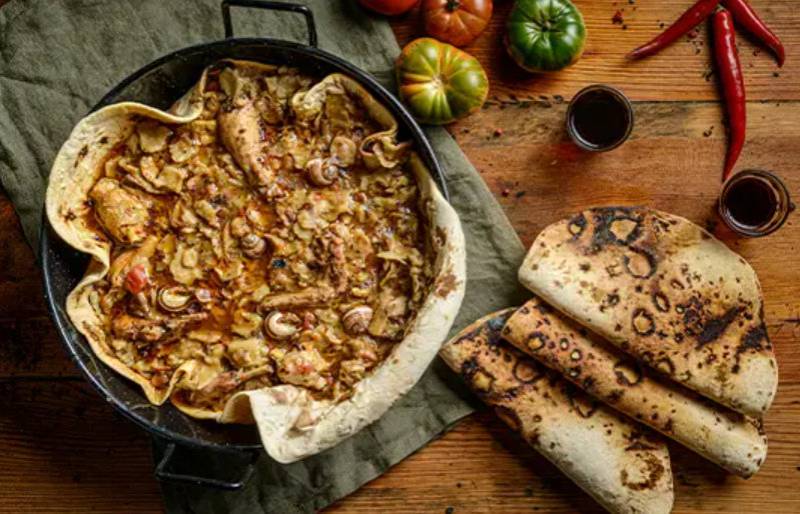

Guidelines for submitting articles to San Javier Today
Hello, and thank you for choosing sanjavier.today to publicise your organisation’s info or event.
San Javier Today is a website set up by Murcia Today specifically for residents of the urbanisation in Southwest Murcia, providing news and information on what’s happening in the local area, which is the largest English-speaking expat area in the Region of Murcia.
When submitting text to be included on San Javier Today, please abide by the following guidelines so we can upload your article as swiftly as possible:
Send an email to editor@spaintodayonline.com or contact@murciatoday.com
Attach the information in a Word Document or Google Doc
Include all relevant points, including:
Who is the organisation running the event?
Where is it happening?
When?
How much does it cost?
Is it necessary to book beforehand, or can people just show up on the day?
…but try not to exceed 300 words
Also attach a photo to illustrate your article, no more than 100kb

Gazpacho jumillano, a typical hearty winter food and one of the specialities of Jumilla
This meat and flatbread meal has nothing to do with Andalusian gazpacho!
 Those of us who live on the coast tend to think we know about gazpacho, the cool summer drink made from blended tomato, cucumber and other ingredients. But don’t imagine that this has anything to do with the local speciality of “gazpacho jumillano” in the north of the Region of Murcia!
Those of us who live on the coast tend to think we know about gazpacho, the cool summer drink made from blended tomato, cucumber and other ingredients. But don’t imagine that this has anything to do with the local speciality of “gazpacho jumillano” in the north of the Region of Murcia!
This is NOT a summer speciality and if it has become one of the most emblematic dishes in Jumilla it is because of its nourishing qualities during the winter, which can be bitingly cold. It looks as hearty as it is and is best accompanied by a glass of the local red wine along with perhaps some spring onions and other dressings.
No doubt every household in Jumilla has its own secret for the “perfect” gazpacho, but a typical the ingredients suggested to feed 4 (hungry) people (and these can vary, but are almost always based on the local fauna) are as follows:
5 tortas de gazpacho (a flat bread made with wheat flour, salt and water but no yeast, believed to be a remnant of the large Jewish population in Spain in the Early Middle Ages)
2 kilos of games (rabbit, hare or partridge meat, chicken at a pinch)
250g mushrooms (optional)
1 red pepper
1 onion
250g spinach (optional)
2 tomatoes (grated)
100g snails
250ml olive oil
Salt to taste
Herbs such as rosemary, thyme, oregano
 First heat the oil in a pan and then fry the pepper until soft, taking it out of the pan to fry the meat. Then add the grated tomato followed by the spinach and mushrooms, after which add water and the snails.
First heat the oil in a pan and then fry the pepper until soft, taking it out of the pan to fry the meat. Then add the grated tomato followed by the spinach and mushrooms, after which add water and the snails.
Boil on a hot flame for around half an hour and then separate the tortas before adding to the mix on a low flame for 10 to 15 minutes.
The resulting dish has its origins in Castilla-La Mancha and inland areas of Murcia and Valencia, and used to provide hearty food when shepherds came back home on cold nights. It is traditionally served as a community meal with the large pot or a platter in the centre of the table and guests gathered around it.
For more information about visiting Jumilla, including what's on, local news and all of the bodegas on the Jumilla wine route, visit the home page of Jumilla Today.













